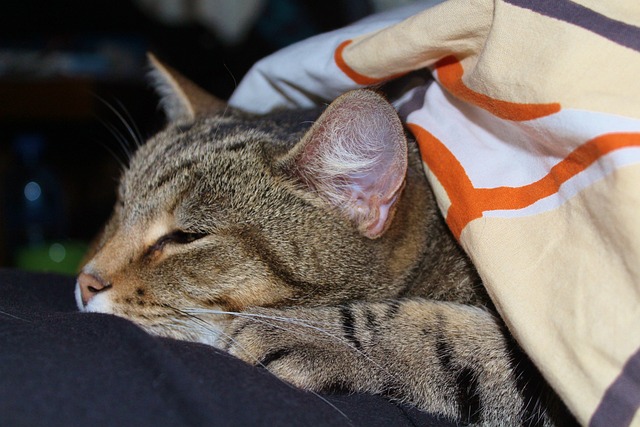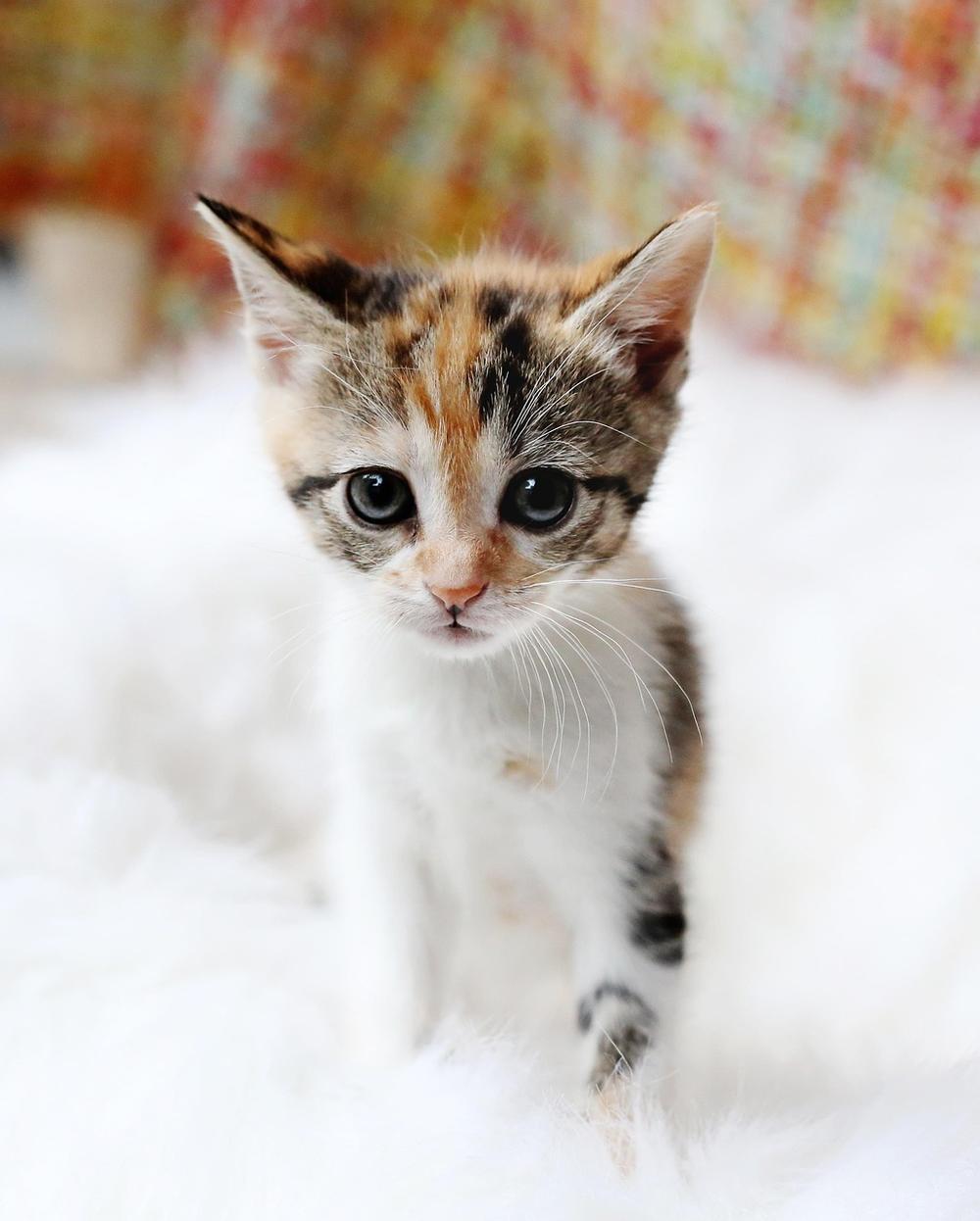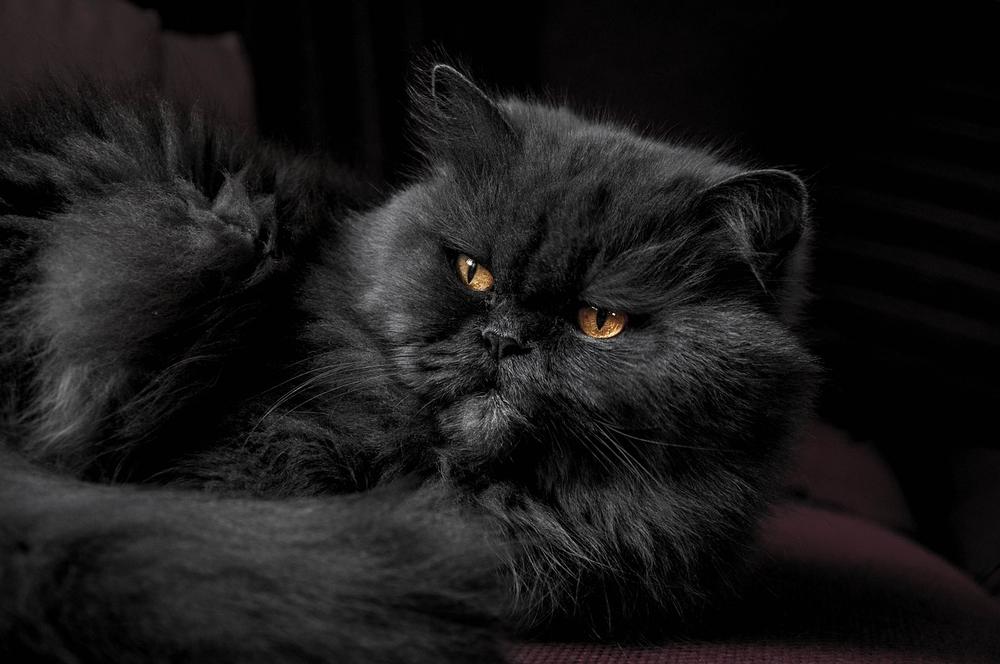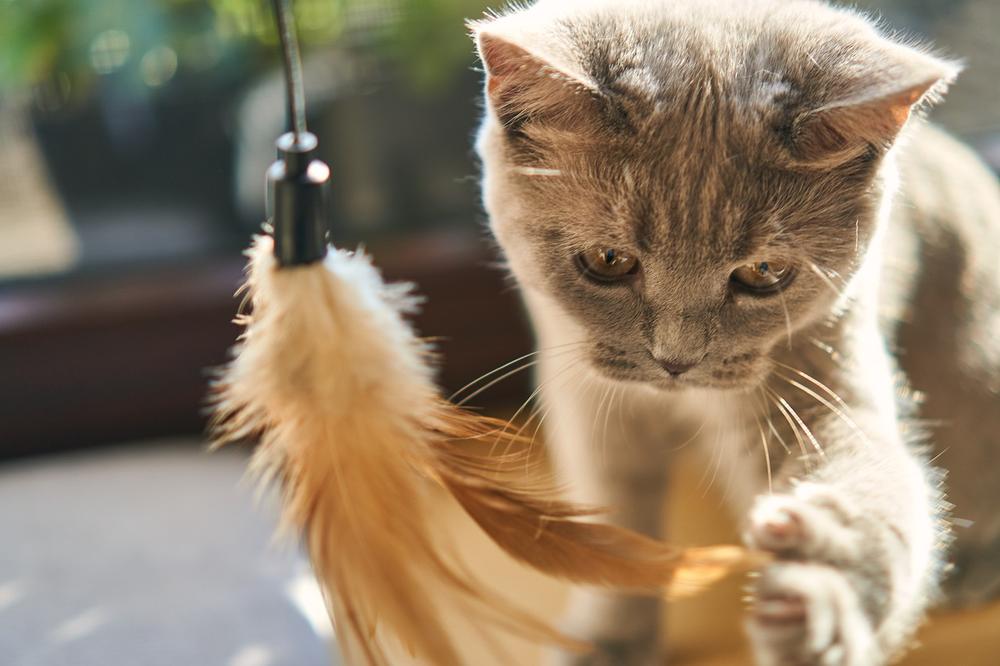Do Cats Purr When They Are Sick or in Pain? (Honest Answer)

Ever wondered why your sweet little kitty suddenly goes silent when they're not feeling their best?
You're not alone, my friend.
We all share that same concern when it comes to our furry companions.🐱
It's like a thorn in our sides, gnawing at us with relentless curiosity.
Are they purring to mask the pain or are they secretly telling us something more?
Well, today, my dear reader, we're going to dive deep into this enigma and uncover the truth.
So grab your detective hats and let's begin our investigation.
Common Health Conditions That Can Cause Cats to Purr When They Are in Pain
Cats purr when they're in pain for different reasons.

Let's check out ten common health conditions to get a better idea:
- If your cat has inflammatory diseases like pancreatitis or inflammatory bowel disease, it might make them uncomfortable and result in purring.
- Cats are masters at hiding their illnesses, making it tricky to detect any issues.
- Pay attention if your cat is always thirsty and peeing more frequently than usual; it could be kidney disease, diabetes, or something else.
- Look out for frequent attempts to urinate accompanied by signs of pain – it might signal a urinary tract infection or blockage.
- Persistent watery diarrhea, bloody stool, or vomiting means it's time to take your furry friend to the vet.
- Cats can get constipated too, which leads to straining, meowing, or passing hard, small feces.
- Coughing in cats may be caused by foreign objects, hairballs, allergies, tumors, or contagious illnesses.
- Dental problems like tooth decay and gum issues can cause bad breath, red gums, and pain.
- When your cat purrs loudly, it could indicate various medical conditions that require attention.
- Make sure to schedule regular vet check-ups as they're vital for early detection and treatment.
Ensuring the welfare of your cat involves comprehending their behavior and promptly seeking professional assistance when needed. 😺
Main points I'll expand upon further down this article:
- Purring is not solely indicative of happiness and can occur when cats are in pain or distress.
- Cats use purring to communicate various emotions, including fear, stress, anger, and contentment.
- There is no specific organ responsible for the purring mechanism in cats, and it begins at a young age.
- Purring releases endorphins in both cats and humans, providing happiness and pain relief.
- Different contexts of purring can include expressing the desire for food, attention, or comfort.
- Signs of pain in cats include changes in eating patterns, vomiting, difficulty using the litter box, and constant purring.
- Regular veterinary check-ups are essential for maintaining a cat's overall health and well-being.
- Purring in sick cats has healing properties and can aid in wound healing, pain reduction, and swelling.
- Purring can lower blood pressure, strengthen bones and muscles, and provide relief for physical or emotional illness.
- If you hear your sick cat purring, it could be a good sign that they are on the path to healing.
Do Cats Purr When They Are Dying
You may notice that as cats approach the end of their lives, they purr more frequently. This increased purring is a response to the various changes their bodies undergo during terminal illness.
It can be quite uncomfortable for them, but through purring, cats are able to manage stress and find some solace in their final moments.
Purring helps them cope with the dying process by strengthening their muscles and releasing endorphins.
Dying cats also seek comfort in familiar surroundings, such as their favorite beds, blankets, or pillows. This emphasizes their need for a familiar and comforting environment during this difficult time.
Differences Between a Cat’s Normal Purr and a Distressed or Sick Purr
Here's how to tell if your cat is purring happily or feeling distressed, including the important points:
- Listen for changes in the sound of the purr - pitch and frequency can give you clues.
- Watch out for any oddities in the rhythm, volume, and tone.
- If the purr sounds lower or strained, something might be up.
- Remember that cats don't only purr when they're happy - they also do it when they're in pain or stressed.
- Purring serves as a way for cats to communicate emotions like fear, stress, anger, and contentment.
- Purring releases feel-good endorphins, making both cats and humans happier and relieving pain.
- Purring creates a relaxing low-frequency vibration that eases tension and aids breathing.
- Keep in mind that cats can consciously control their purring and use it to calm themselves down.
- Cats will purr to bond with their mothers, show pleasure and comfort, and signal distress or illness.
- Purring can indicate various things, such as a desire for food, attention, or comfort.
Enhancing your observation of these specific aspects will lead to improved comprehension of your cat's necessities and emotional state.

And if you're intrigued by the healing power of a cat's purring on humans, I highly recommend checking out my article on the Cat Purring Effect on Humans.
Discover how this soothing sound can bring relief and comfort, and explore the potential benefits it may have for both you and your feline friend.
What to Do if Your Cat Is Purring in Pain?
Provide a comfortable environment for your cat
When your furry friend is purring in pain, you ought to create a comfortable environment for them. This means providing a quiet space with familiar bedding and toys where they can find comfort and feel secure.
To help your cat rest and relax, you should also minimize external stimuli in their surroundings. Turn down the volume on the TV, keep loud noises to a minimum, and create a peaceful atmosphere.
Be attentive to signs of pain
You need to be attentive and observant when it comes to your cat's behavior. Look out for any changes in eating patterns or a decreased appetite. If your usually voracious eater is suddenly showing little interest in food, it could be a sign of pain.
Vomiting, difficulty using the litter box, constant purring, lethargy, abnormal behavior, hiding, withdrawal from interactions, or even changes in gum color are all red flags that something might be wrong.
Seek veterinary care and regular check-ups
If you notice any of the aforementioned signs of pain in your feline companion, don't hesitate to seek veterinary care. A professional diagnosis is crucial for proper treatment and ensuring your cat's well-being.
In addition to addressing immediate concerns, you need to schedule regular check-ups with your veterinarian.
These routine visits will help maintain your cat's all in all health and catch any potential issues before they become serious problems.
Remember, prevention is key!
But what if your cat is purring in pain?
Is it possible for purring to have healing properties in such situations too?
Is Purring a Good Sign in Sick Cats?
Purring not only soothes, it heals sick cats.
When cats purr, it temporarily eases their emotional distress and anxiety caused by illness or discomfort.
A small dose of comfort and relaxation, all to themselves.
But there’s more...
Purring doesn't just address emotions; it promotes physical healing too.

It actually aids in wound healing, reducing pain and swelling. So if your furry friend is recovering from surgery or an injury, their purring helps them heal faster.
Mother cats purr for their kittens, fostering security and bonding.
And the benefits extend beyond kittens!
If you have high blood pressure, spending time with a purring kitty could lower it.
Purring even strengthens cats' bones and muscles.
If your sick cat purrs, take it as a positive sign!
It means they might be improving and moving towards better health.
And that wraps up today's article.
If you wish to read more of my useful articles, I recommend you check out some of these: When to Put Your Cat Down the Complete Checklist, How to Deal With Regret and Grief After Putting Cat to Sleep, Did I Put My Cat to Sleep Too Soon, How to Give a Cat Saline Nose Drops, and Why Is My Cats Nose Cold
Talk soon,
-Sarah Davis